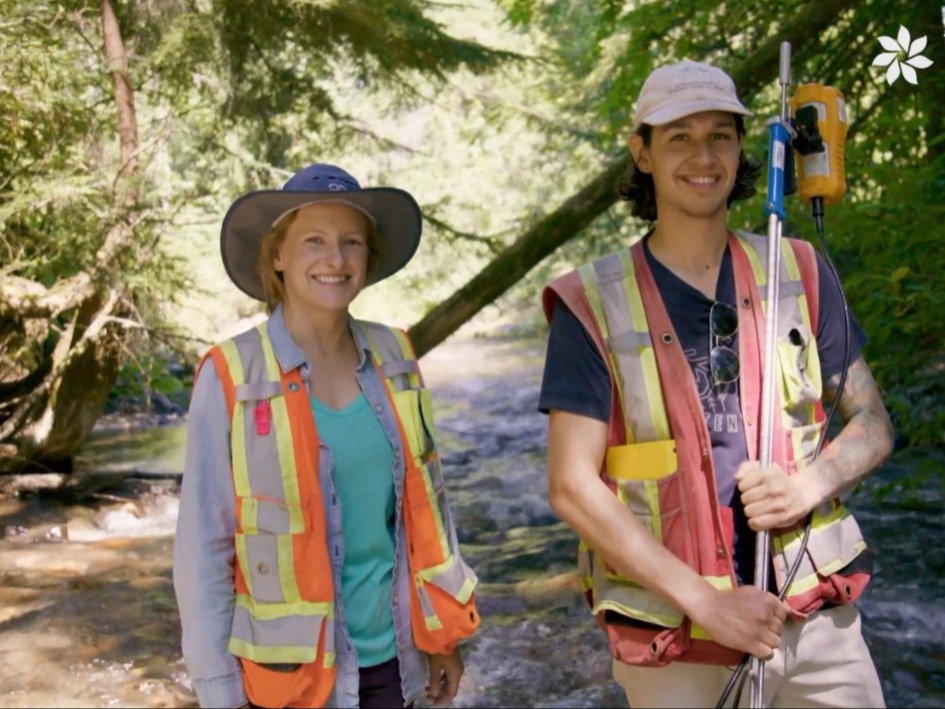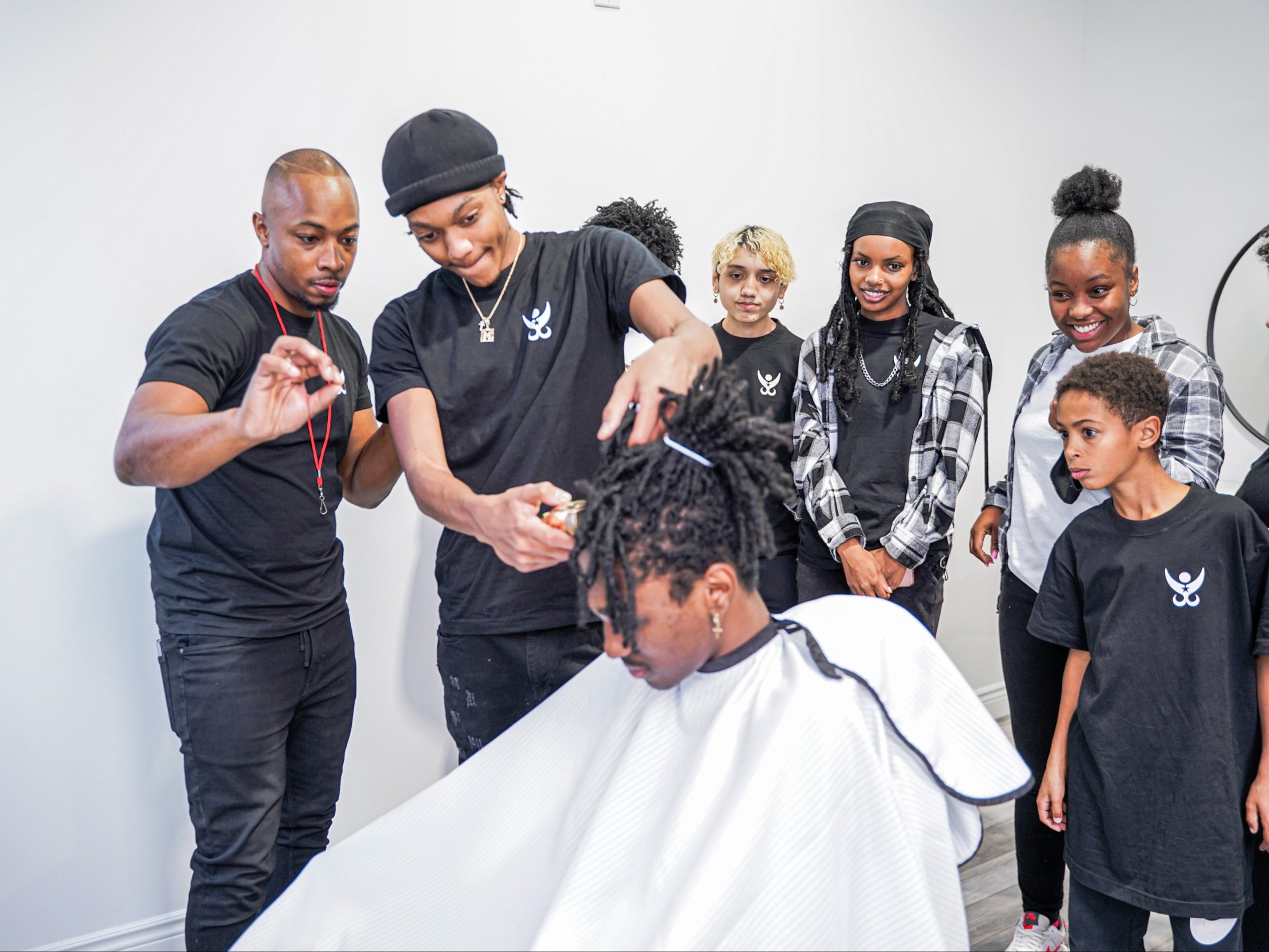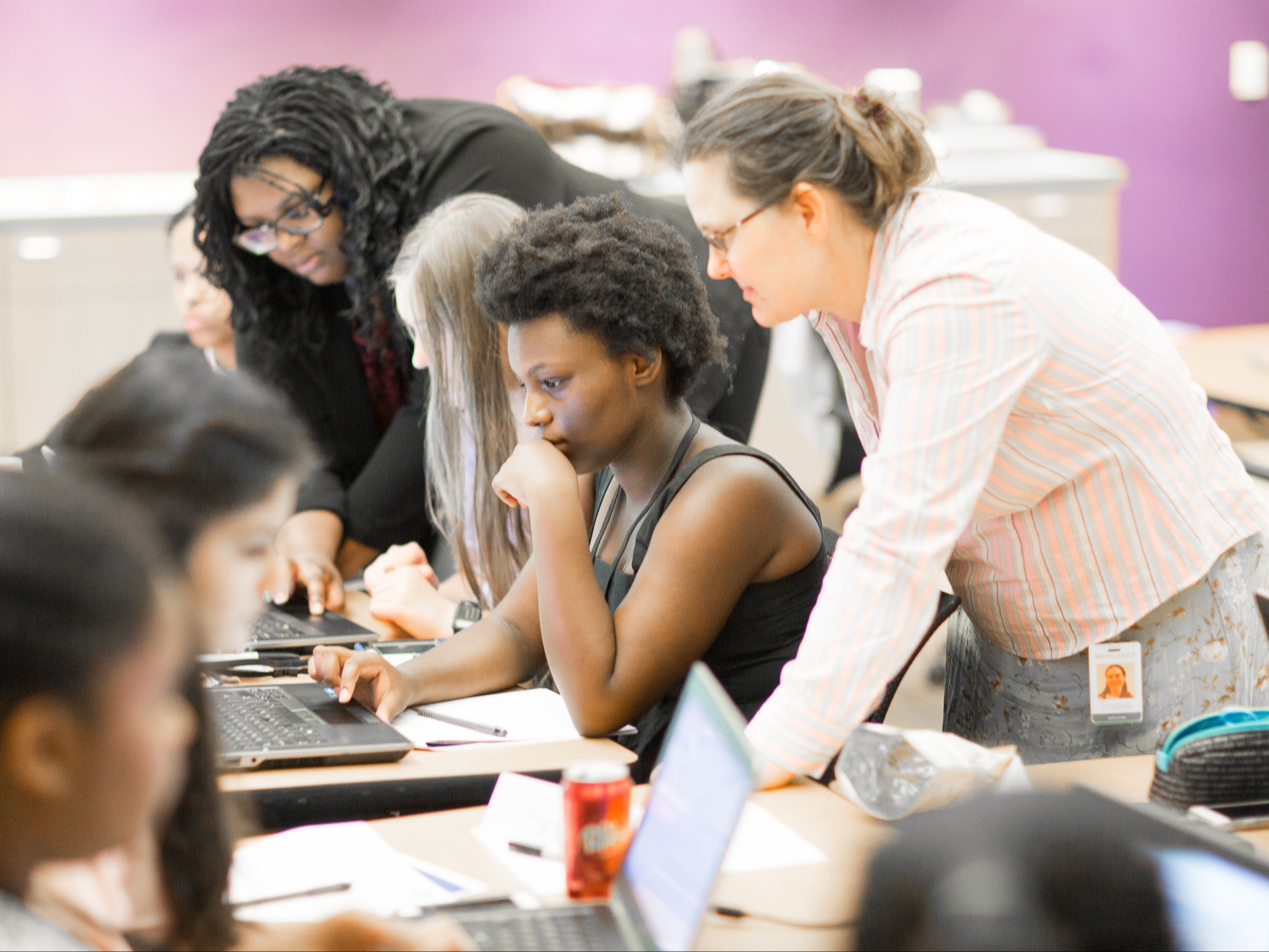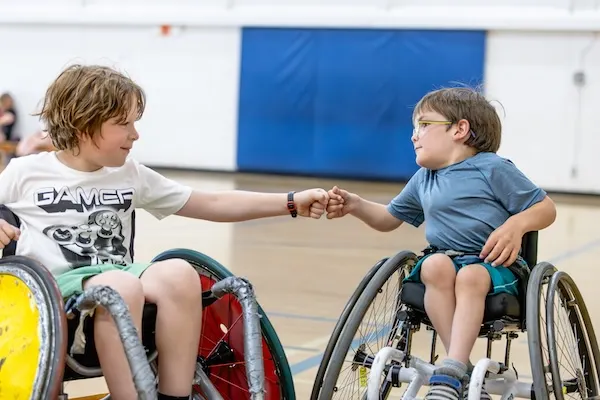
Education
Everyone's game: OneAbility Games is flipping the script on inclusive sports
Jul 28, 2025
The squeak of wheels echo through the gymnasium as students maneuver into position. The basketball changes hands rapidly, accompanied by shouts of excitement and friendly competition. Some of these students use wheelchairs in their daily lives; others only during the game. This revolutionary concept turns the traditional integration model on its head, making adapted equipment and modified sports the standard rather than the exception.
When children with disabilities face barriers in school-based sport and play opportunities, the impact extends far beyond missing out on physical activity. It affects their confidence, social connections and sense of belonging. OneAbility Games is changing that reality by equipping schools with the tools to create truly inclusive environments where every student can participate and thrive.
Through a grant from the Vancouver Island Community Board, OneAbility Games is expanding their life-changing programs to reach over 1,000 students across Vancouver Island. What makes these programs truly special is their innovative approach to inclusion that's creating lasting change in communities across British Columbia.
Reverse integration: redefining adaptive sports
At the heart of OneAbility Games’ approach lies a groundbreaking concept called "reverse integration." While the term might sound complex, its principle is simple: all students participate in adapted sports together. Rather than simply adapting traditional sports programs to accommodate those with disabilities, this approach creates an environment where adapted sports and equipment become the norm for all participants, both with and without disabilities.
Building confidence and community connections
The impact of this approach extends far beyond individual success stories. The program creates ripples of positive change throughout the community, fostering genuine inclusion and understanding from the ground up.
"It was incredible to see the students build confidence and apply what they learned out in the greater school community," said Tracey Riddoch, a teacher involved in OneAbility Games’ pilot program. She noted how students developed "a strong sense of community and connection along with a sense of purpose."
Students without disabilities develop what OneAbility Games calls "disability confidence," a deep understanding and appreciation of adapted sports and equipment. This exposure creates natural advocates and allies within the community, breaking down social barriers that often persist long after physical ones have been addressed.
Voices of transformation
The program's impact is perhaps best captured through the voices of those directly involved. Student leaders have shared how the experience shaped their outlook in profound ways.
One student reflected: "I can see this program becoming a part of our school leadership. It builds leadership skills, patience, and a deeper understanding with peers.”
Another student expressed their enthusiasm for the program's broader potential: "It made me so happy. I want to keep doing this in the future, to push what we are doing into every school so it becomes a societal norm for all educational facilities to give all students the same joy in sports that I had."
For families, the program's impact extends well beyond school hours. Parent Erin Rodger shared: "These opportunities mean everything. To be surrounded by a community that accepts and values these children for exactly who they are is priceless."
A growing movement
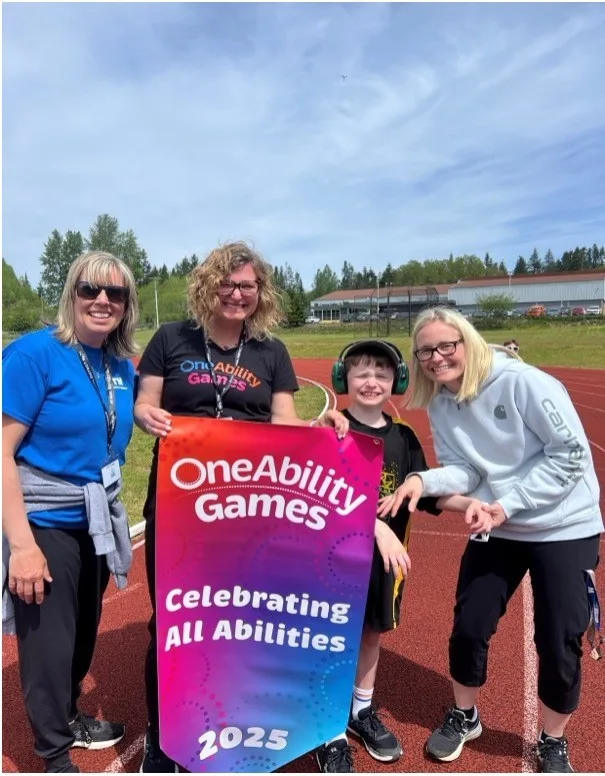
Since its founding in 2015, OneAbility Foundation has grown into a network of approximately 50 organizations dedicated to fostering active living and sport participation for young people with disabilities. Recognizing that many people with disabilities face barriers to accessing sport and physical activity, OneAbility Foundation is expanding their work to an annual multi-sport, multi-disability games for school age kids and competitive athletes. What began as a local initiative in Greater Victoria has now blossomed into a movement spanning British Columbia and beyond.
With support from the TELUS Friendly Future Foundation, OneAbility Games has been able to develop and test comprehensive lesson plans for soccer, wheelchair basketball, athletics, lacrosse and boccia. These resources have been piloted with teachers, student leaders, education assistants and support staff across participating districts, creating valuable tools for parents, sport program coordinators, physiotherapists and dedicated allies as well.
Going above and beyond
TELUS’ commitment extends beyond financial support, helping to create memorable experiences for OneAbility Games participants and their families through special opportunities like attending Canada soccer matches and BC Lions games. These events further strengthen the sense of community and belonging that the organization nurtures.
By creating an environment where adapted equipment and modified sports are the standard rather than the exception, OneAbility Games is helping to normalize inclusive recreation. This approach ensures that everyone, regardless of ability, can experience the joy, camaraderie and benefits of regular physical activity.
In the world of OneAbility Games’ programs, every child belongs, every child participates and every child thrives. That's something worth cheering about.
